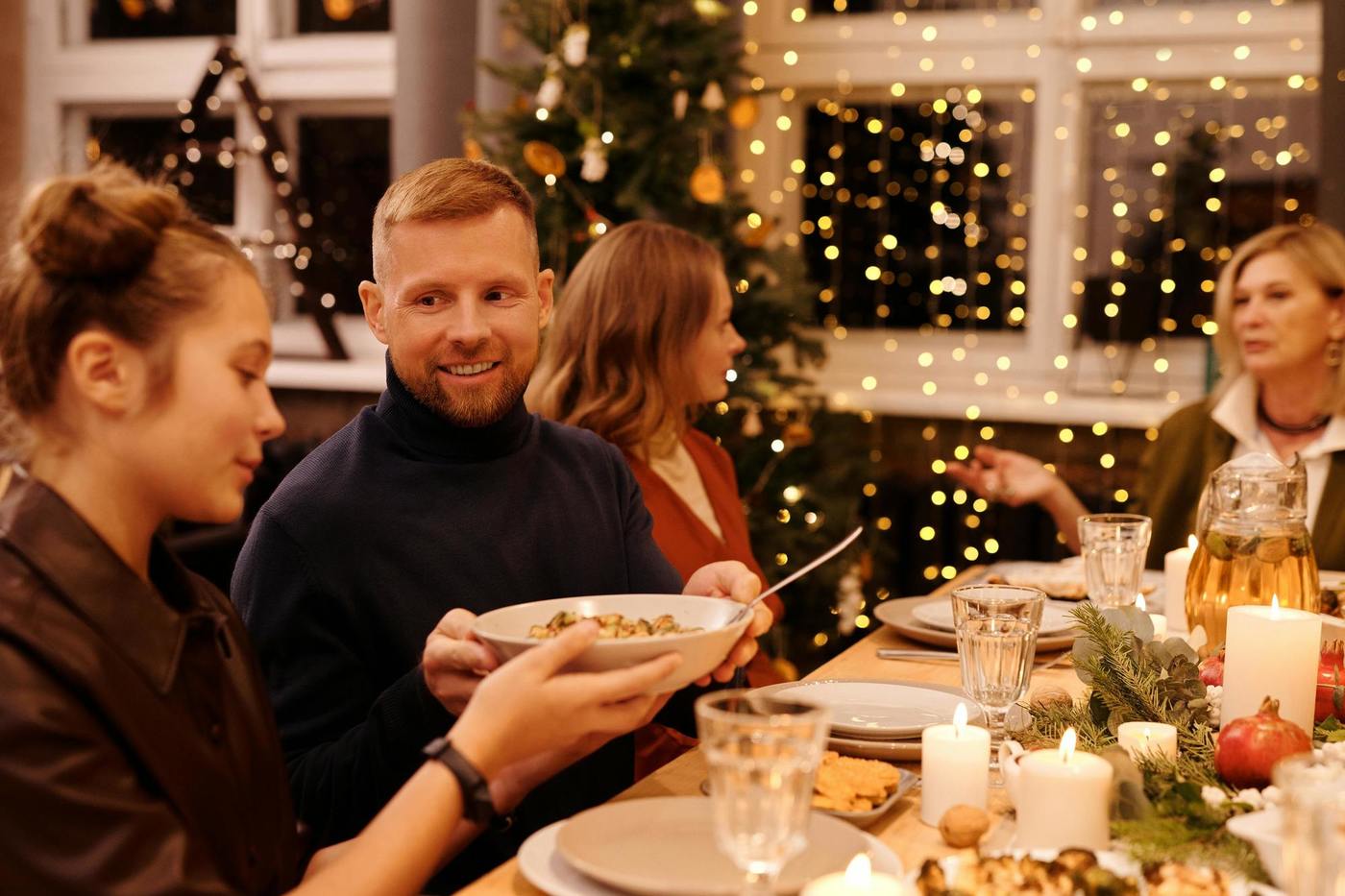How are you doing? No, really. How are you? I know I have been so wrapped up with work, adjusting to the constantly changing landscape of the coronavirus, and the roller coaster of the news and media that I have not really checked in with myself about how I am feeling or coping through this time. There is a part of me that knows if I slowed down and allowed my emotions to catch up to me, I am going to be overwhelmed with the grief, fear, helplessness, sadness, and anger. So instead, I fill my free time with new hobbies and projects.
I have pulled out my painting supplies, jumped on the baking bandwagon, and gardened like my life depends on it. Although these hobbies are wonderful distractions in the moment, I know that they are not sufficient to help me pull through this marathon. As the pandemic stretches into the indefinite future, I want to offer some additional coping strategies to support you during this time. Writing this post is also a reminder to myself to come back to the practice of healthy coping during a crisis.
In Part I of the Coronavirus Survival Guide, I discussed the coping strategies of validating your emotions, validating others' emotions, and giving yourself time to adjust. In Part II of the Coronavirus Survival Guide, I will introduce the strategies of practicing meditation and creating new routines.

Practice Meditation
I have found that practicing meditation is even more essential during this time of uncertainty and constant transitions than ever before. In my previous blog post on meditation, I talked about how research has shown that meditation can decrease your stress level in as little as 3 days and change your brain chemistry and structure in the long term. How does meditation work? How can you harness the power of meditation to calm your fears and sooth your sorrow?
In my experience as a student of meditation, I have learned that the first step in meditation is to become aware of how much my mind wanders away into the future, the past, and the stories that I tell myself and believe to be true. The second step is to become aware of how my mind tries to push away things that I find uncomfortable, grasps onto things that I believe are desirable, and gets lost in my ego and false beliefs. When I learned to focus my minds on the present moment, I became awake to what is really in front of me and I can come closer to what is real in the moment rather than what is happening in my mind. The third step is to quiet my mind enough for the inner wisdom and truth to speak. When my mind is at peace, I often find the strength to accept what is difficult and painful as well as open myself to what is joyful and beautiful right now.

For instance, there have been times in the past few months when I have felt intense fear about getting sick and dying from COVID-19. I have woken up in the middle of the night crying with fear, panic, and dread. When I practiced meditation and quieted my mind, I was able to trace this fear back to this story that I tell myself that "there is not enough." A part of me believes that there will not be enough time in my life to achieve and experience all that I want before I die. In those moments of fear, I find myself pushing away the idea that my life can end at any moment and grasping onto my expectations of a fulfilling life. I hold onto false ideas about a life worth living (e.g., achievements, travels, wealth, etc.). I realized that the acts of pushing away and grasping were causing me anguish and suffering. When I calmed my mind, I came back to the truth and wisdom that death is as natural as breathing. I was expecting a sense of control over the length of my life when that control was never in my hands. I have a life worth living already because I am surrounded by people who love me.
Ready to learn more about meditation? Below are some of my favorite books on mindfulness and meditation. Here is a recent podcast episode from Oprah's SuperSoul Conversations with Eckhart Tolle titled "How to Find a New Spiritual Awakening During the Pandemic." Check out the Youtube video from author Thomas Hubl discussing how to stay open, vulnerable, and connected during this pandemic. Finally, Dharma Seed provides free recorded talks by meditation teachers.
Create New Routines
You may have already established a new routine since the pandemic began and the stay-at-home orders were put in place. As the nation is starting to reopen, you may be adjusting yet again to a new routine that is based on your profession, family context, financial reality, geographic location, health conditions, and many other factors. As the pandemic continues around the globe, there may be new developments that could disrupt and change your routine quickly. As you are adjusting again and again to the changes, I encourage you to identify the things that are most important to you. What are the values and aspects in your life that you do not want to compromise even during times of uncertainty? To spend quality time with your loved ones? To get out into nature? To have some down time to yourself everyday to recharge? To contribute meaningfully to your neighbors and community? I encourage you to identify the one thing that is the most important to you each day and shape your day around that.
Online Counseling During COVID-19
Are you struggling with increased anxiety and stress due to COVID-19? Are you looking for extra support during this difficult time? We are a group of exceptional licensed therapists providing online therapy. We love to help individuals and couples in the Seattle area with a wide range of mental health concerns. You can schedule a free 15-minute phone consultation to begin therapy with one of our wonderful counselors.





